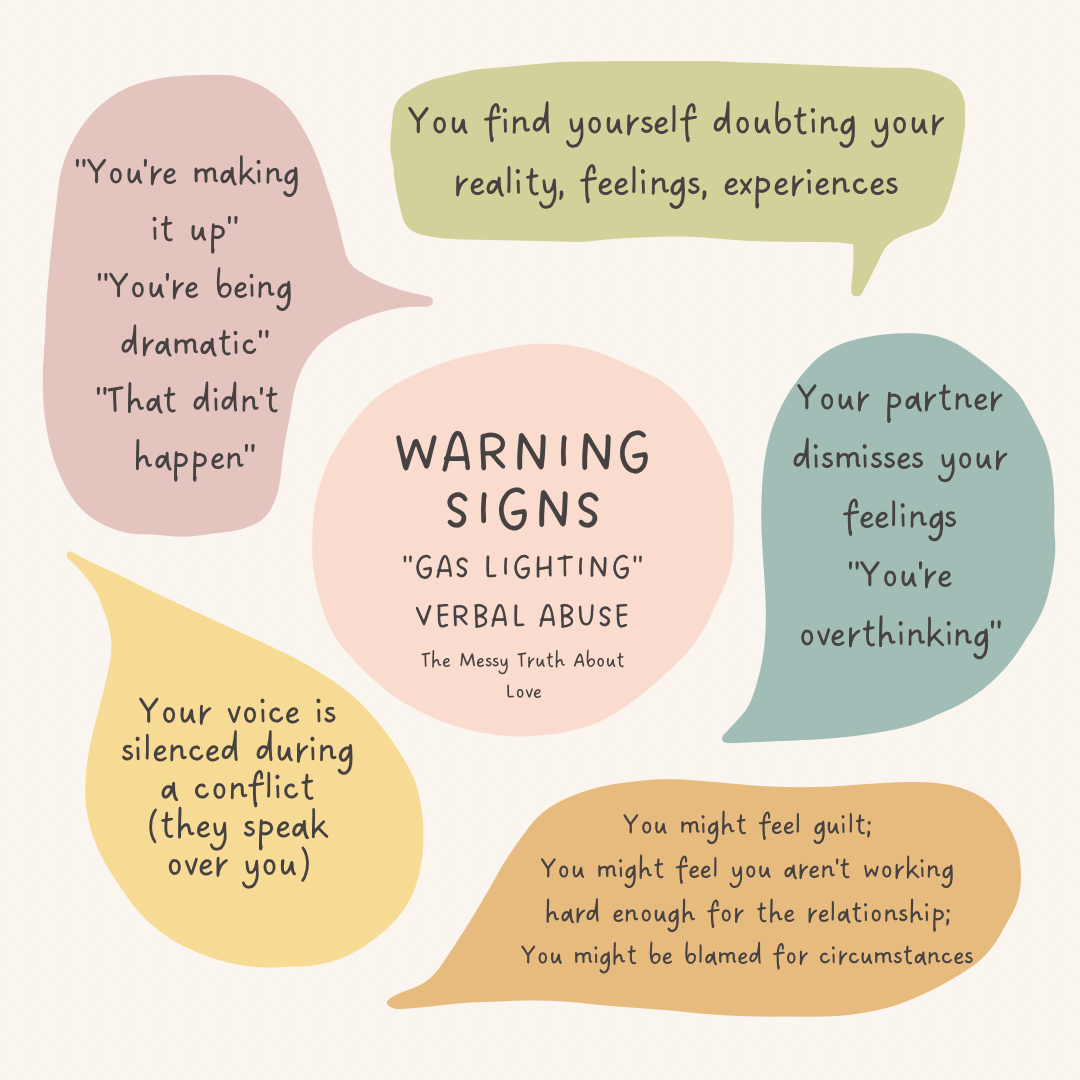This isn’t a blog to explore the how, the what, the what-to-do with respect to gaslighting. Remember I’m not a psychologist or a therapist, just an author who’s done a bit of research for their book (Here’s a link to a resource written by someone more in-the-know than I am). The purpose of this blog is to consider gaslighting in terms of the “everyday” relationship. Ultimately, this sinister form of manipulation culminates when the victim questions their sanity, but that’s not how gaslighting begins.
Relationships are tricky creatures from the get-go. Typically two people with distinct personalities are working to come together and maintain a bond. This is difficult for two people with completely healthy approaches to relationships and communication. Add complicating factors like mental health issues, trauma and/or abuse, addictions, different perspectives, varied life experiences, so on and so forth, and the playing field went from being rolling hills to the Rocky Mountains.
Gaslighting, then, is one of those insidious tools used between partners to manipulate the other’s emotions. Like the love bomb, it isn’t necessarily something that is easily identifiable, especially when trust has been established in a relationship and if you aren’t sure what to look for. Here’s an example of how gaslighting might look in a typical relationship:
Let’s pretend you’ve had the feeling that your partner isn’t being completely honest with you about what they’ve been doing. Your spidey-senses are tingling, so you decide it's time to ask about some things you’ve noticed, at least to calm your insecurities. When you ask your partner about the late nights and the strange hushed phone call from the other night, your partner twists your questions back on you as if what you’ve made are accusations, and suddenly you’re being accused of being a liar. That perhaps you’re “making up '' mysterious phone calls and accusing your partner of being late because you’re doing something wrong while they’re away. Your partner might say, “Guilty people make accusations about what they’re doing wrong to deflect, afterall.” Your partner’s guilt trip about your lack of trust and oversensitivity throws you off since that’s not what your intentions were. Right? Maybe your partner is right. You struggle to recalibrate your thoughts, because what started as just a conversation to “clear the air” has you defending yourself, doubting your intentions and your feelings, along with doubting your instincts.
The thing is, even normal, everyday, regular people can deploy a “gaslight”. This isn’t only a tool of the shady or the narcissist or the sociopath. It is a learned tool—a form of avoidance and deflection—which makes it important to be able to identify one and call the behavior out immediately. In The Messy Truth About Love, Hannah’s ex-boyfriend used this technique, calling her “over-sensitive” and “dramatic”. The awful thing about persistent gaslighting even in a “typical” relationship is the ugly way it preys on beliefs about self, feeding on insecurities and forcing those wounds to grow and fester.
If your partner uses this tool, it's important to call it out for what it is. You might need help with this, so find help! And if your situation is abusive, seek help immediately.



